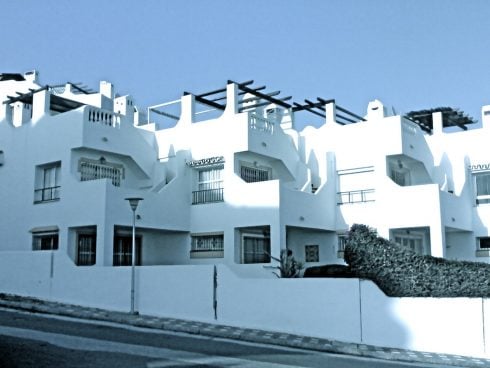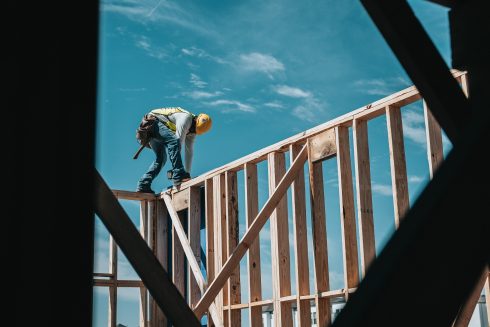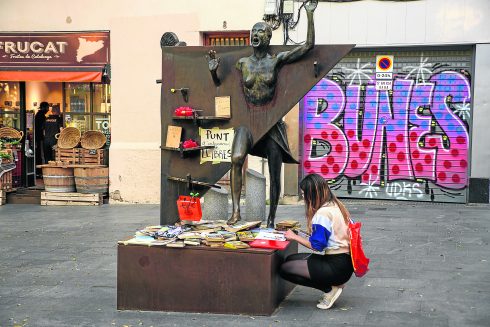 AT last, I bring good news for people who paid deposits for properties that have never been built.
AT last, I bring good news for people who paid deposits for properties that have never been built.
For those who have paid them into developers’ bank accounts, they should be refunded by the bank even if the developer is no longer trading.
And if that’s not enough, interest is paid on the deposit.
Regarding the repayment of interest on mortgages, banks are instructed by the courts to repay interest to customers whose mortgage agreement has resulted in them paying interest above the market rate.
There is good news too concerning the plusvalia tax, a capital gains tax applied by a local municipal council in addition to the one by the Autonomous Community e.g. Andalucía.
The recent court ruling has confirmed that that local tax should only be paid where there has been a capital gain.
In the past, these taxes had to be paid even where a loss has been made.
In addition to these happy circumstances, though not for the banks or the local municipalities, there is a possibility of return of further monies from the taxman.
The crucial statement by the Spanish Constitutional Tribunal in the plusvalia tax case is: “It is in unconstitutional to tax not just a potential economic capacity but specifically, one that is fictitious, virtual or inexistent.”
Surely, that must also apply to the insidious Complimentary Tax that is levied on buyers and sellers due to the tax authority deciding that a property has been sold at too low a price.
The reason they impose the tax is that so many buyers and sellers have colluded to declare a lower price on the formal sale documents than the price that is actually being paid.
This lowers the capital gains tax to be paid by the seller and the equivalent of stamp duty that is paid by the buyer.
In the past, this ‘B’ money is reputed to have been in the region of 30% of the actual purchase price, with lawyers, bank managers and agents all reputedly being aware of the additional cash transaction.
However, the money-laundering laws and the resulting imprisonment of a few ‘examples’ of the aforesaid lawyers, bank managers and even notaries, the professionals now steer well clear of this habit.
It is now much less common, which is a good thing.
As an aside, it has made life extremely difficult for valuers.
Even if the Property Registrars information was publicly available, as it is in the UK and many other countries, the prevalence of cash payments mean that the registered prices do not reflect the actual current market value of the property.
So, the tax authorities now calculate a ‘fair’ value for property in an area, by applying a multiplier to the survey value of each property, and taxing people on the higher of that ‘fair’ value or the registered sale price.
That has led to many injustices where additional tax is being claimed on sale prices and profits that genuinely have not paid or made.
It doesn’t take into account of the property being a poorer than average house or a desperate seller offering a bargain.
It’s not right that both buyer and seller should be accused of cheating and have additional tax on them, based on the erroneous opinion of the tax authorities.
At Survey Spain we see so many errors in the surveys that are then reflected in the Catastral Value, which compounds the problem.
Cheating the taxman is a cultural thing, but treating everyone as a cheat is not right.
So, let’s get a campaign together to reclaim the complementary tax.











While you are at it, look into the possibility of bringing charges of money laundering, due to the handover of large sums of cash. Perhaps that would focus the minds of potential tax cheats.